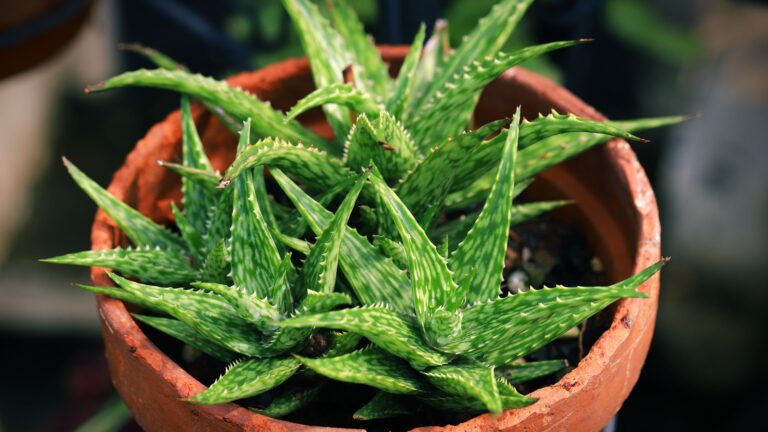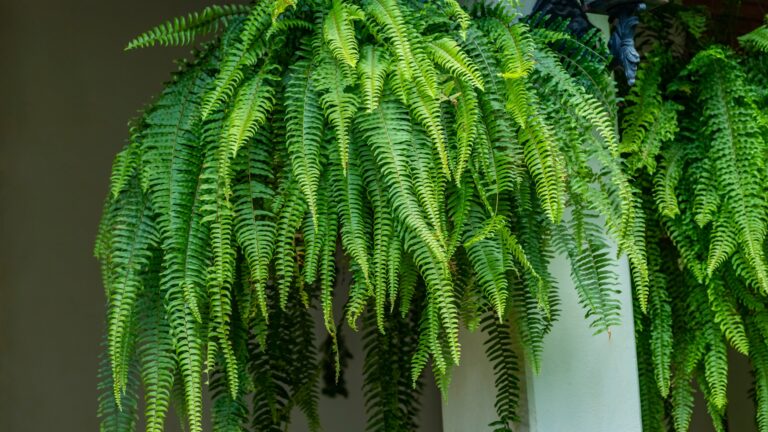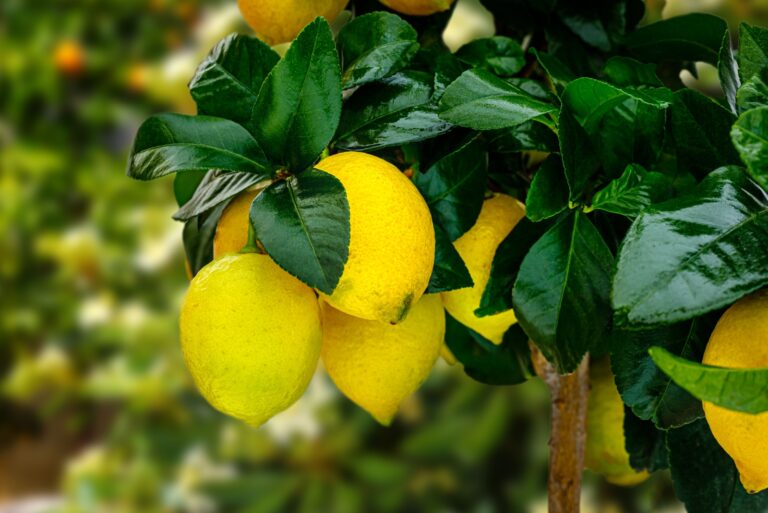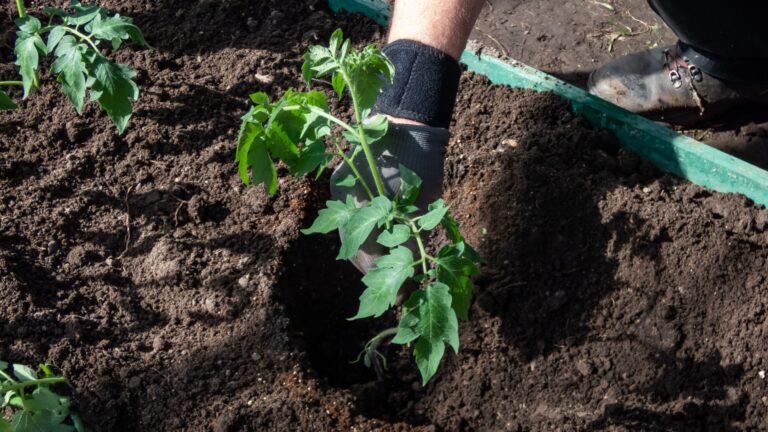13 Reasons Gardeners Are Pouring Mouthwash On Their Plants (And Why You Might Want To)
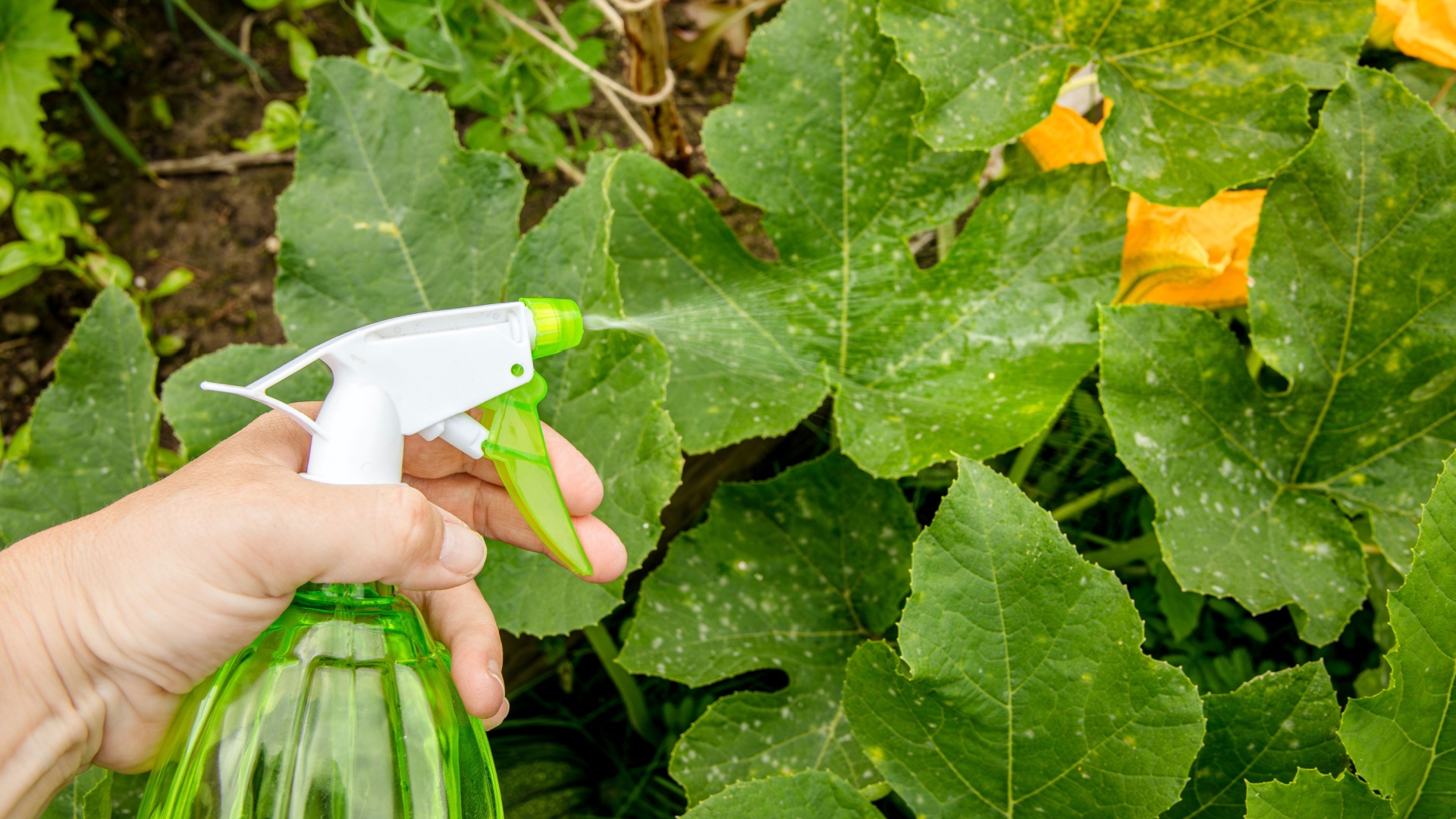
Hold onto your garden gloves—this viral hack is turning heads and turning soil. Gardeners everywhere are reaching for the mouthwash, not for fresher breath, but for healthier plants.
It might sound off the wall, but this unexpected trick is spreading like wildfire—and your flower beds might just thank you for jumping on the bandwagon.
1. Kills Fungal Infections Fast
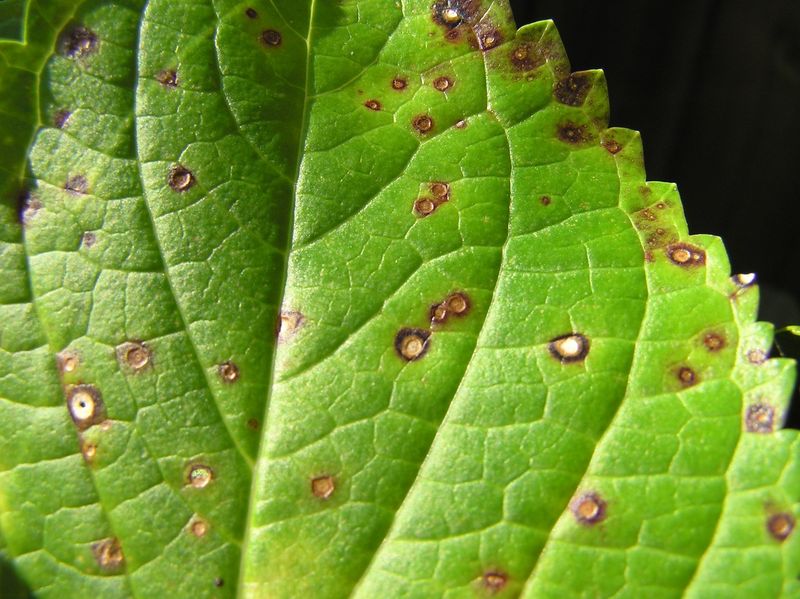
Mouthwash contains powerful antifungal compounds that work as well on plant fungi as they do on the fungus in your mouth. Mix one part mouthwash with three parts water in a spray bottle and target those powdery mildew spots on your squash leaves.
Many gardeners report seeing results within days. The alcohol content dries out the fungus while other ingredients prevent spores from spreading to healthy plant tissue. Just be careful not to spray during the hottest part of the day to avoid leaf burn.
2. Keeps Pests Away Naturally
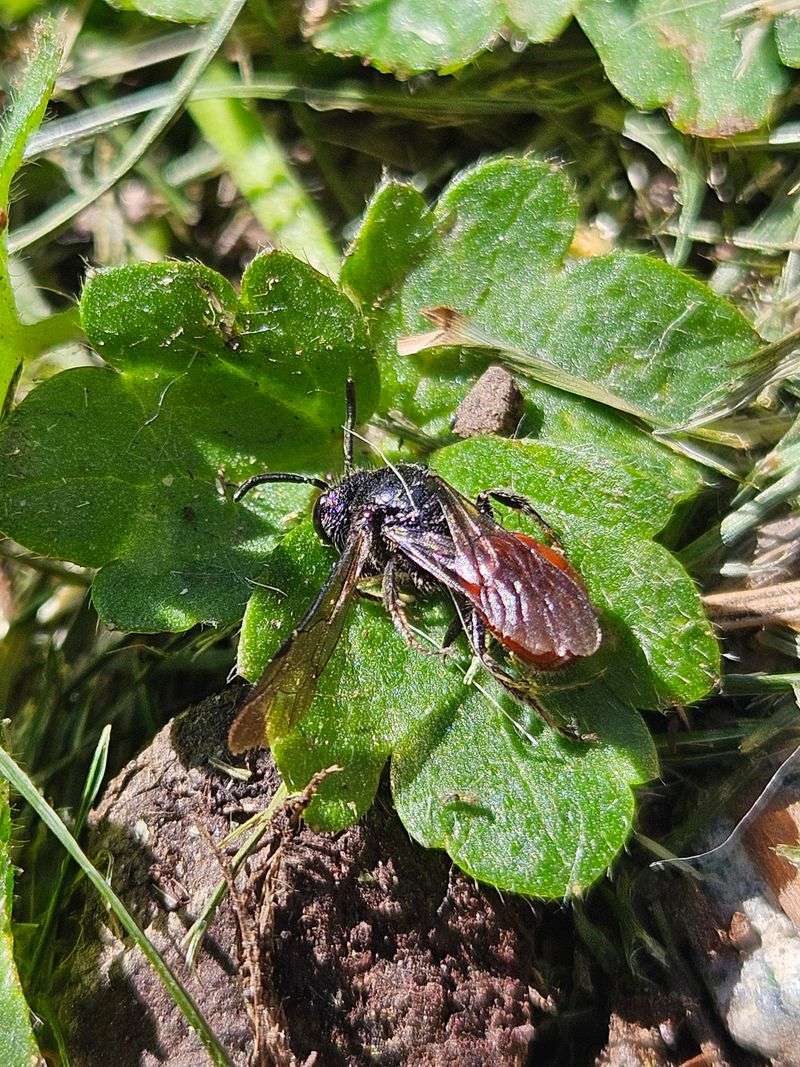
Bugs hate the strong smell of mouthwash! The menthol and alcohol create an environment most garden pests can’t stand. A light misting on problem areas sends aphids, whiteflies, and other soft-bodied insects packing without harsh chemicals.
For best results, apply in the early morning when pests are less active. Regular application every few days maintains the protective barrier. Unlike commercial insecticides, mouthwash won’t leave harmful residues that might hurt beneficial insects like bees and ladybugs.
3. Stimulates Root Growth Dramatically
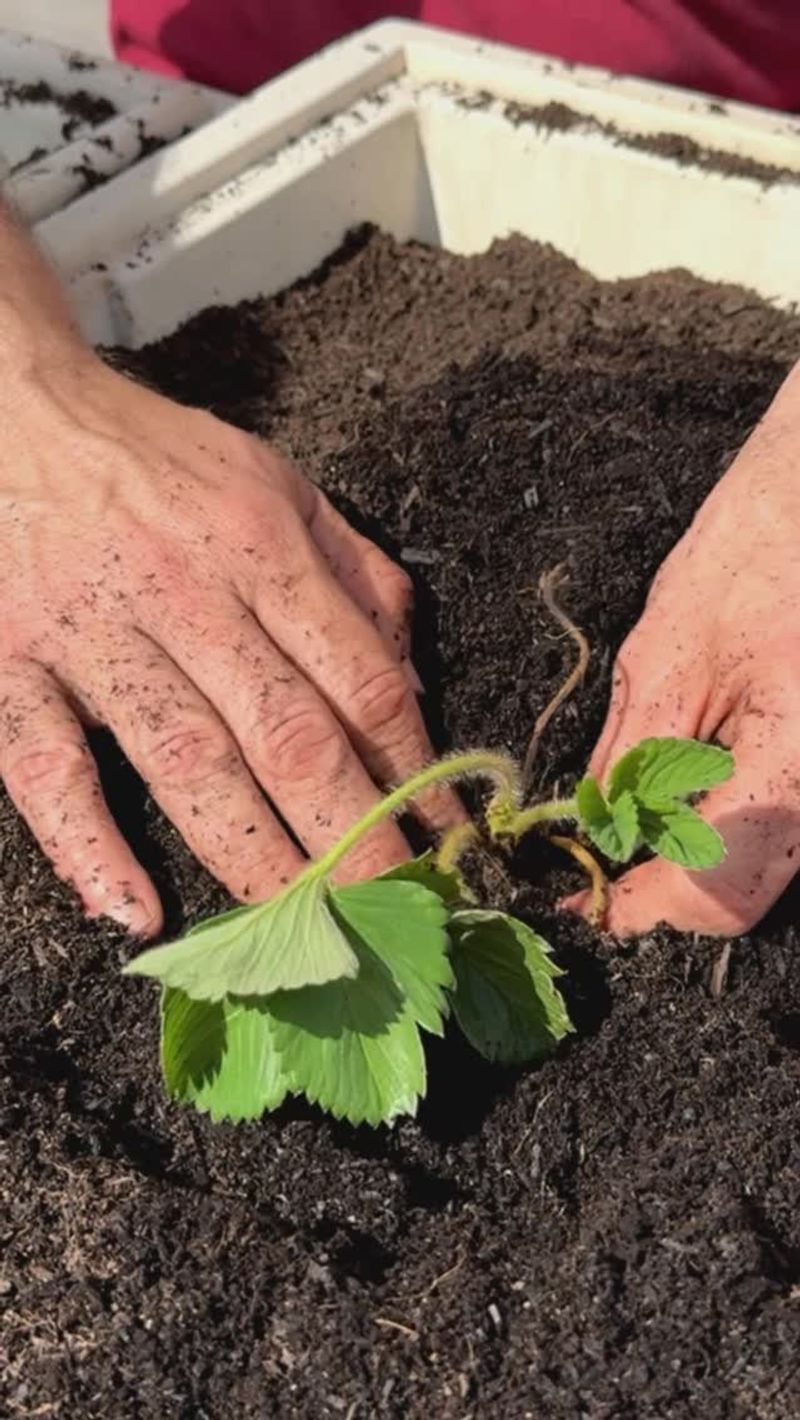
Gardeners swear by the root-boosting power of highly diluted mouthwash. The trace amounts of zinc and other minerals act as growth stimulants when applied to soil around struggling plants. Young seedlings especially respond with visibly stronger root systems.
Make a solution using just a teaspoon of mouthwash per gallon of water. Water plants at their base once weekly during the growing season. The results aren’t just anecdotal – studies show certain antiseptic compounds can trigger plants’ natural defense systems, encouraging stronger overall growth.
4. Stops Black Spot Disease In Roses
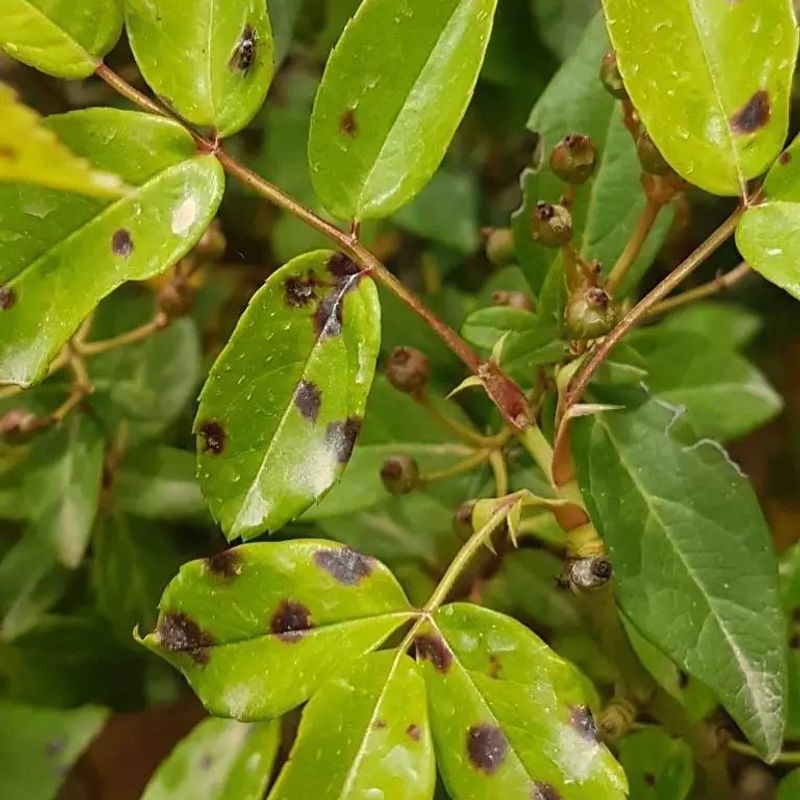
Rose lovers rejoice! That frustrating black spot disease that plagues roses meets its match with mouthwash treatments. The antiseptic properties attack the fungal spores that cause those ugly black spots and yellowing leaves.
Mix 1/4 cup of alcohol-based mouthwash with a gallon of water. Spray affected plants thoroughly, including under leaves where spores hide. Morning application works best to allow leaves to dry completely before evening dew can settle. Repeat weekly until spots disappear and then monthly as prevention.
5. Freshens Soil After Pet Damage

Dog or cat made your garden their bathroom? Mouthwash neutralizes odors and helps restore soil health. The antiseptic properties kill harmful bacteria while allowing beneficial soil microbes to recover quickly.
For pet-damaged areas, mix 1/3 cup mouthwash with 2 gallons of water. Thoroughly soak the affected soil and let it sit for 24 hours before replanting. Not only does this treatment eliminate lingering pet odors that might attract repeat visits, but it also helps break down ammonia compounds from urine that can burn plant roots.
6. Creates Brilliant Blooms On Flowering Plants
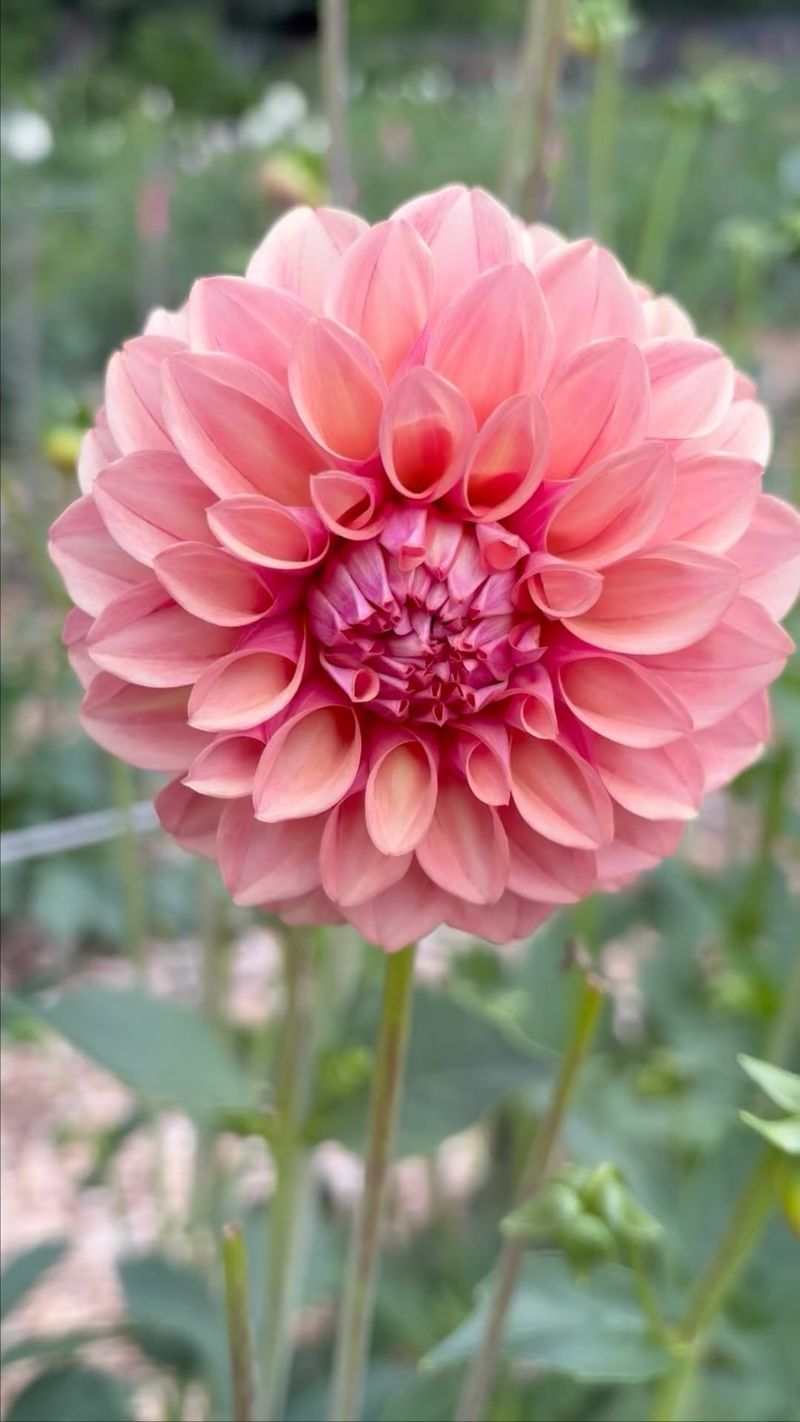
Flowering plants respond amazingly to super-diluted mouthwash treatments. Something about the trace minerals and antiseptic compounds triggers plants to produce more vibrant blooms as a stress response.
Mix just one tablespoon of alcohol-free mouthwash per gallon of water. Apply as a foliar spray once monthly during the blooming season. Gardeners report particularly stunning results with petunias, geraniums, and marigolds. The plants develop more flower buds and maintain blooms longer than untreated plants.
7. Prevents Damping Off In Seedlings
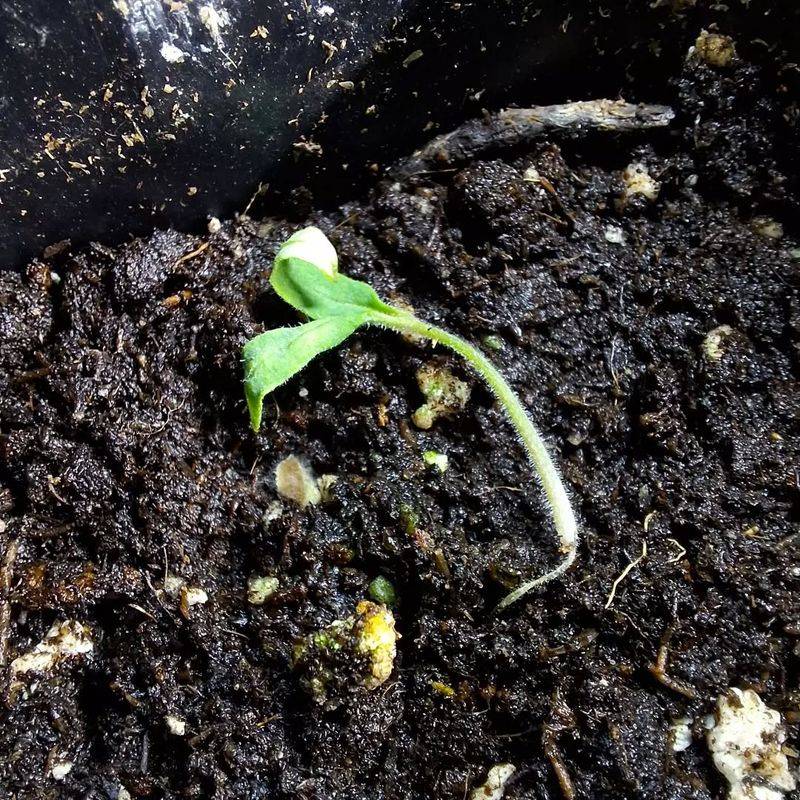
Losing seedlings to damping off disease frustrates even experienced gardeners. The fungal infection makes healthy seedlings suddenly wilt and die. Mouthwash’s antifungal properties create a hostile environment for these pathogens.
Make an extremely diluted solution – just 1 teaspoon of mouthwash per quart of water. Mist newly sprouted seedlings lightly once a week. The key is prevention, as damping off works quickly once established. Many gardeners report nearly 100% seedling survival rates when using this method compared to their previous growing seasons.
8. Extends Cut Flower Life Dramatically

Fresh-cut flowers last significantly longer with a drop of mouthwash in the vase water. The antiseptic properties prevent bacterial growth that typically clogs stems and causes wilting. Flowers stay perky and vibrant for days longer than usual.
Add just 1/4 teaspoon of clear mouthwash to a quart of water in your flower vase. Change the water every two days, adding fresh mouthwash each time. Garden roses that typically last 3-4 days can remain beautiful for over a week with this simple trick. Avoid colored mouthwash that might stain light-colored blooms.
9. Revives Yellowing Houseplants Quickly
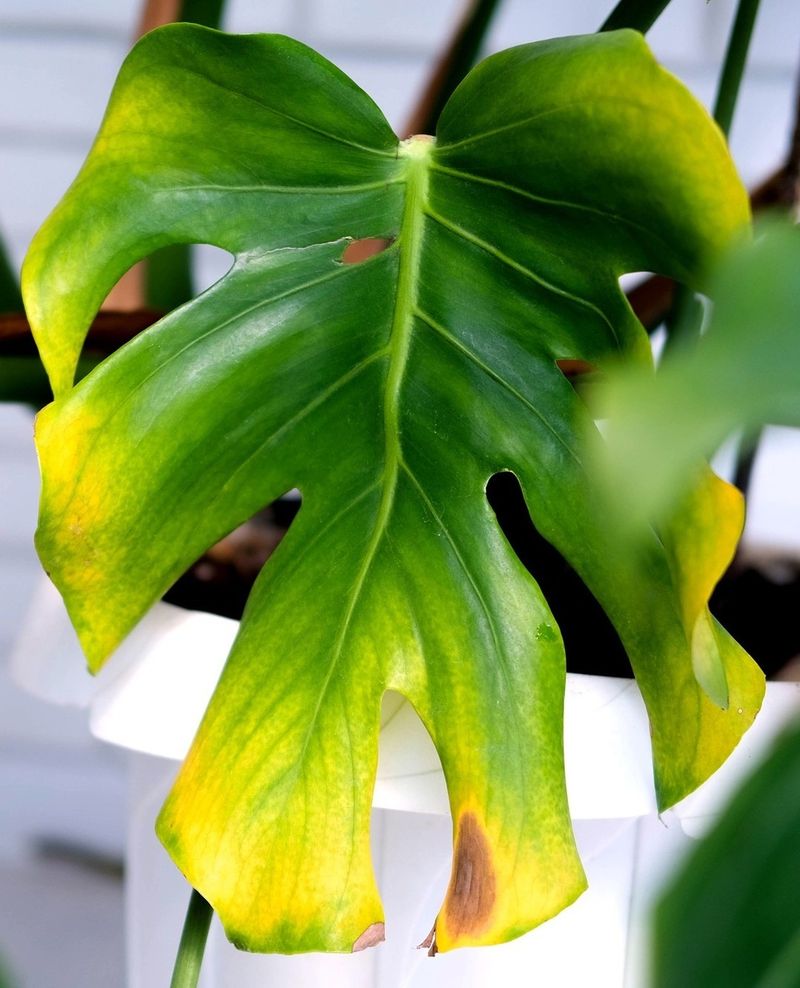
Yellow leaves on houseplants often signal bacterial or fungal problems. Mouthwash comes to the rescue by eliminating these pathogens and helping plants return to their vibrant green state.
For struggling houseplants, use 2 tablespoons of mouthwash per quart of water. Apply as a soil drench, making sure to thoroughly soak the root zone. Repeat once weekly for three weeks. Plant owners report seeing new growth within days and significantly greener leaves within two weeks of starting treatment.
10. Sterilizes Garden Tools Between Uses
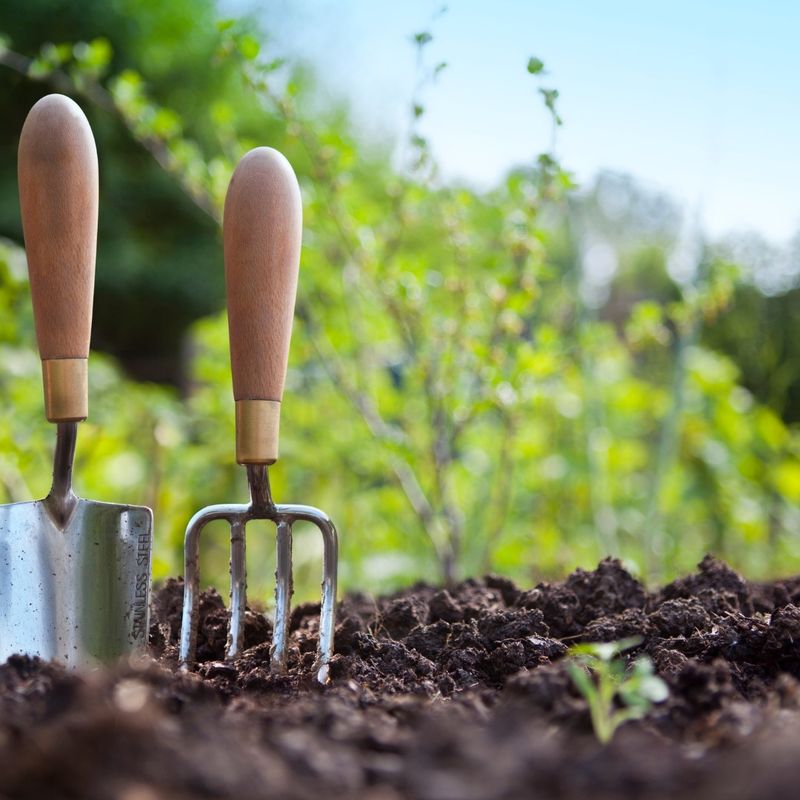
Smart gardeners use mouthwash to quickly disinfect pruning shears and other tools between plants. This prevents spreading diseases throughout the garden and takes just seconds to do.
Keep a spray bottle filled with undiluted mouthwash near your gardening area. After trimming diseased plants, spray tools thoroughly and let sit for 30 seconds before wiping dry. This practice is especially important when pruning roses, tomatoes, and other disease-prone plants. The alcohol content kills pathogens without causing rust like some stronger disinfectants.
11. Eliminates Stubborn Weed Growth
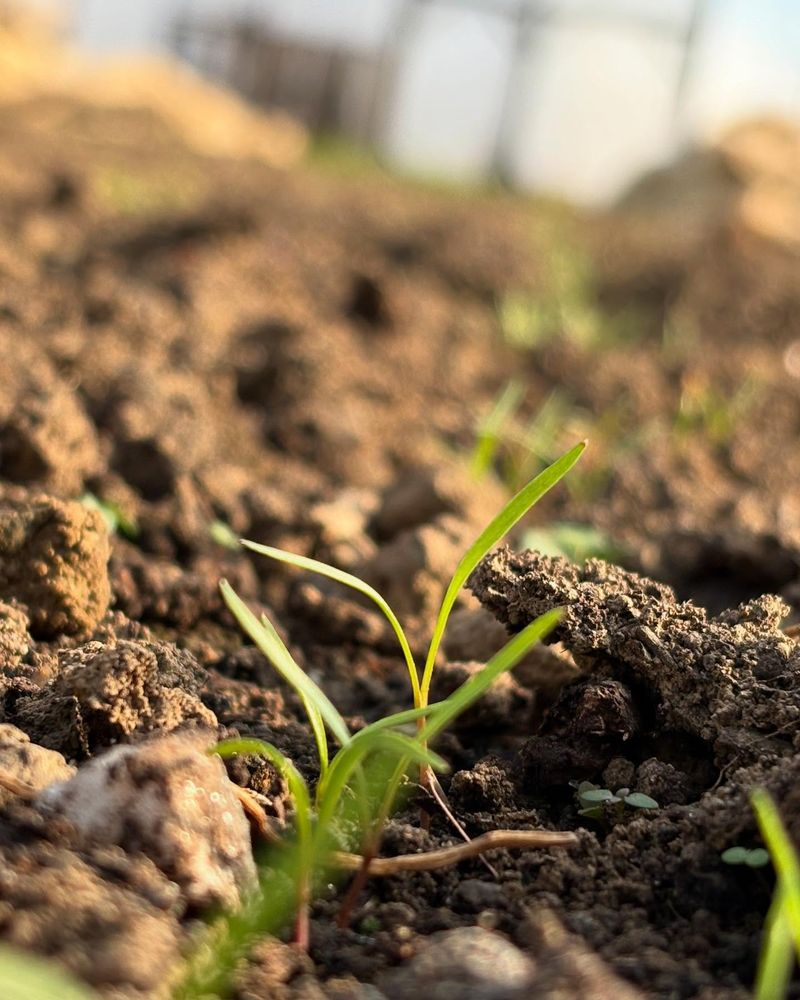
Undiluted mouthwash makes a surprisingly effective spot treatment for weeds growing in garden cracks and crevices. The high alcohol content desiccates weed leaves while other ingredients disrupt cellular functions.
Pour original formula mouthwash directly onto weeds on a hot, sunny day for maximum effectiveness. Target the crown and leaves rather than just the soil. Results appear within hours as weeds begin to wilt and brown. For persistent weeds, a second application after 2-3 days usually finishes the job completely.
12. Cures Plant Bacterial Infections
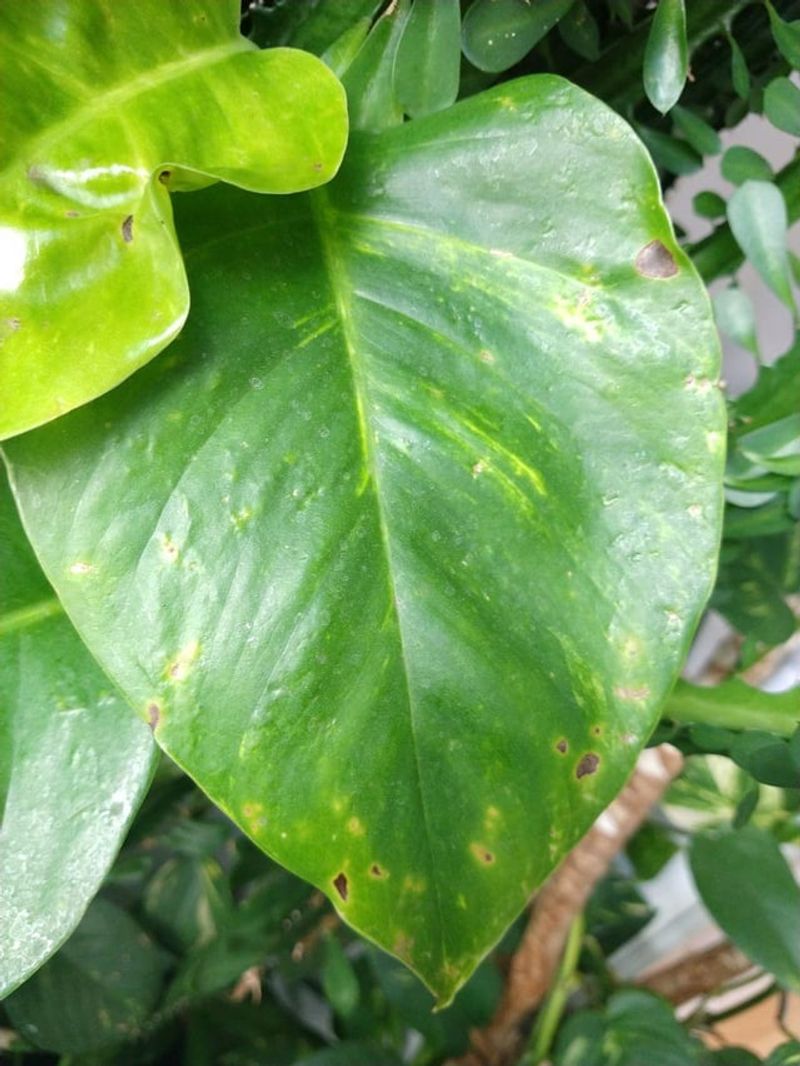
Bacterial leaf spot and other bacterial plant diseases meet their match with mouthwash treatments. The same ingredients that kill mouth bacteria work effectively against plant pathogens without the harshness of commercial bactericides.
Mix one part mouthwash with four parts water in a spray bottle. Thoroughly coat affected leaves, focusing on undersides where bacteria often hide. Remove severely infected leaves before treatment. Apply in the evening to prevent sun scorch. Most gardeners see improvement within a week as the spread of infection halts.
13. Boosts Seed Germination Rates
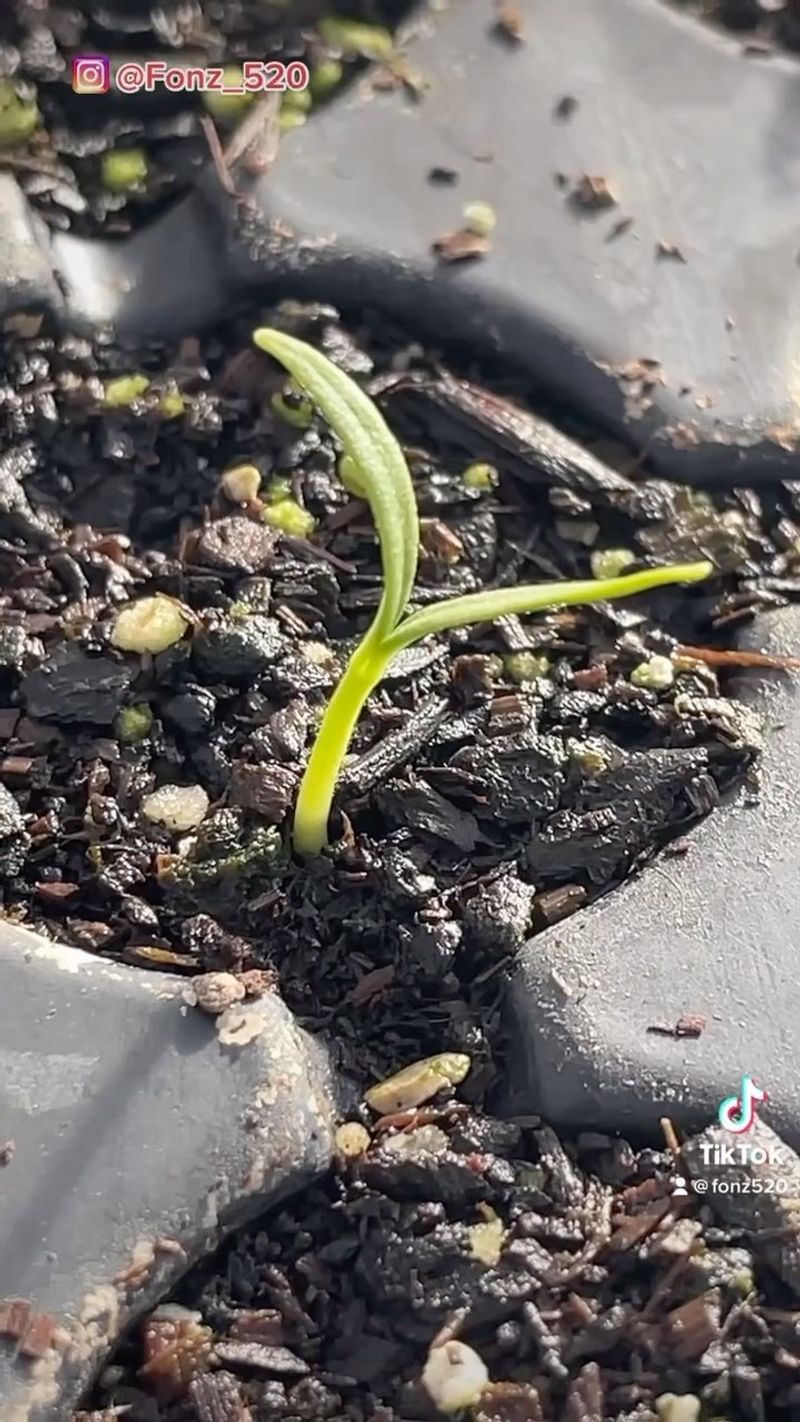
Pre-soaking seeds in extremely diluted mouthwash solution increases germination success dramatically. The mild antiseptic properties kill seed-borne pathogens that might prevent sprouting while stimulating the seed’s natural growth hormones.
Create a solution with 1/4 teaspoon mouthwash per cup of water. Soak seeds for 2-4 hours before planting. This works especially well for older seeds or varieties known to have lower germination rates. Garden trials show 15-30% higher success rates compared to untreated seeds, particularly with tomatoes, peppers, and flowers.


